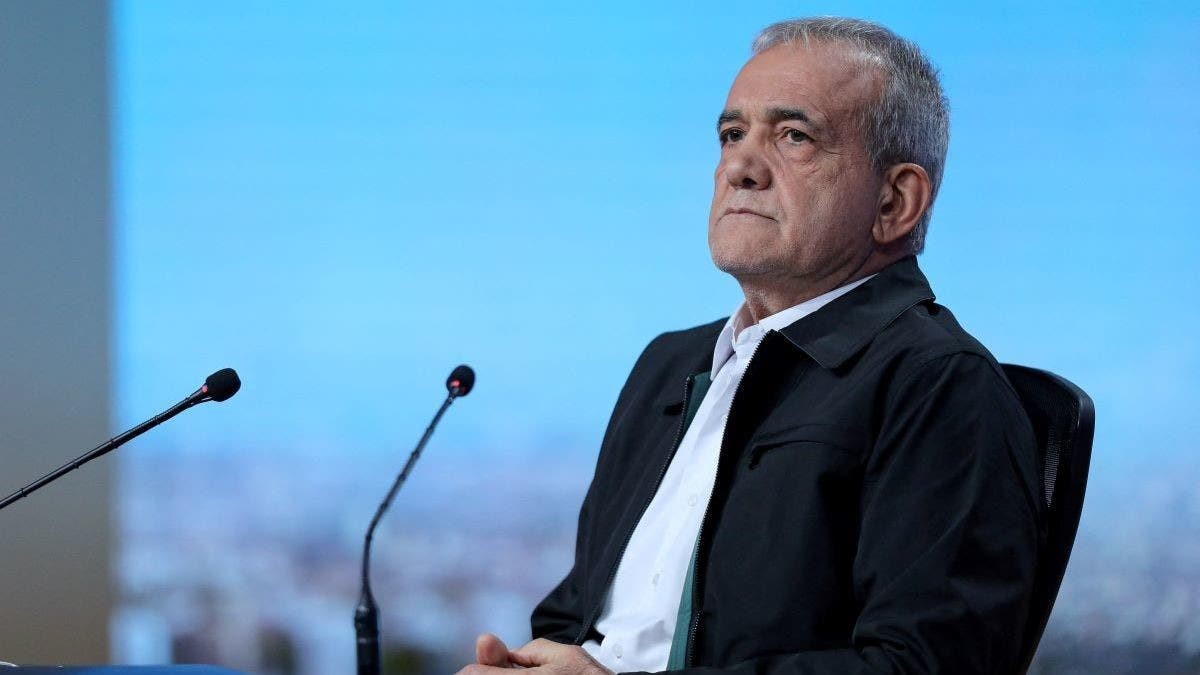Israel is a country located in the Middle East. It operates as a parliamentary democracy. Here is some information about the election system in Israel:
- The Knesset: The Knesset is the unicameral national legislature of Israel. It has 120 seats, and its members are known as Members of Knesset (MKs). The Knesset is elected through a system of proportional representation, meaning that the number of seats a political party receives is proportional to the number of votes it receives nationwide. Israeli citizens vote for political parties, rather than individual candidates, and the parties submit lists of candidates. The seats in the Knesset are then distributed among the parties based on the percentage of votes they receive.
- Prime Minister: The Prime Minister is the head of government in Israel. The Prime Minister is usually the leader of the political party that can form a coalition with other parties to obtain a majority in the Knesset. Following the election, the President of Israel consults with party leaders to determine which party leader has the best chance of forming a stable coalition. The nominee for Prime Minister has 28 days to form a government and present it to the Knesset for approval.
- Political Parties: Israel has a multi-party system with numerous political parties participating in elections. Some of the major political parties in Israel include Likud, Blue and White, Labor, Yesh Atid, and Shas, among others. Smaller parties and independent candidates also play a role in Israeli politics.
- Voter Eligibility: Israeli citizens who are at least 18 years old have the right to vote in national elections. Voter registration is automatic for Israeli citizens upon reaching voting age. Eligible voters can cast their ballots at designated polling stations within their respective constituencies.
It is important to note that Israel has a complex political landscape, and forming a stable government often requires the formation of coalition governments due to the proportional representation system. This can lead to negotiations and coalition agreements among different political parties.



